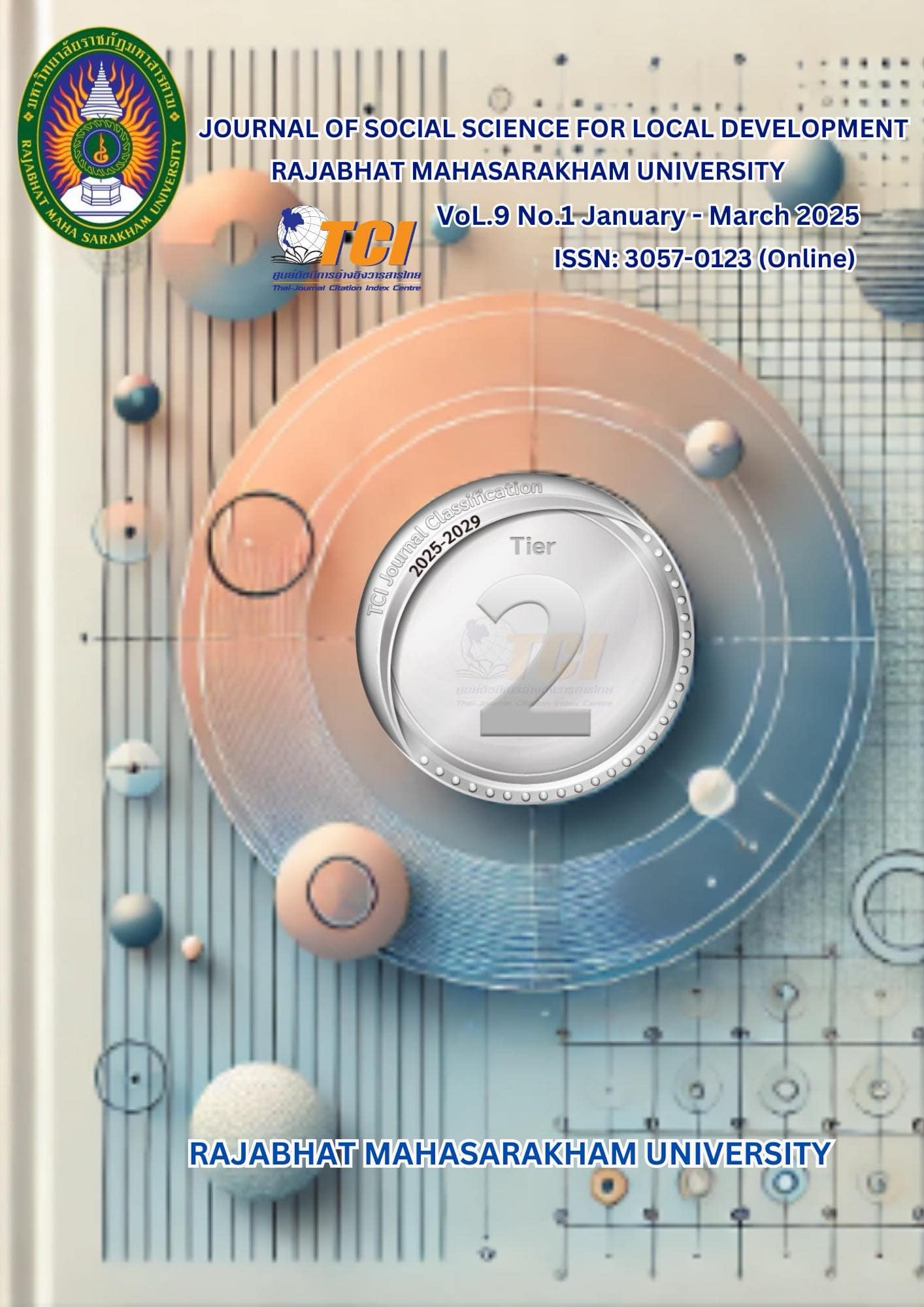นโยบายนาฏกรรมในระบบการศึกษาไทย
คำสำคัญ:
นโยบายการศึกษา, นาฏกรรมไทย, นาฏกรรมในการศึกษาบทคัดย่อ
งานวิจัยนี้ มีวัตถุประสงค์เพื่อศึกษาการดำเนินงานของนโยบายด้านนาฏกรรมในระบบการศึกษาในประเทศไทย เป็นการวิจัยเชิงคุณภาพ ที่มาจากกรณีศึกษานาฏกรรมในกรุงรัตนโกสินทร์ รัชกาลที่ 9 โดยเน้นที่ข้อมูลด้านนาฏกรรมจากสถานศึกษา หน่วยงานภาครัฐและเอกชน ข้อมูลนาฏยศิลปินที่มีคุณูปการต่อนาฏกรรมไทย แล้วนำข้อมูลที่รวบรวมได้จากเอกสารต่าง ๆ ที่เกี่ยวข้องมาวิเคราะห์แบบเชิงเนื้อหา ผลการวิจัยพบว่า การดำเนินงานของนโยบายด้านนาฏกรรมในระบบการศึกษาในประเทศไทย ขับเคลื่อนได้ด้วยอาศัยปัจจัยการสนับสนุนจากทุกภาคส่วน ประกอบด้วย 1) สถาบันพระมหากษัตริย์ นอกจากสืบต่อพระราชกรณียกิจด้านนาฏกรรมที่มีมาแต่โบราณเพื่อคงความเป็นเครื่องราชูปโภคแล้ว ยังทรงมีพระราชนิยมในนาฏยศิลป์ไทย อันเป็นแบบอย่างให้ประชาชนได้ตระหนักถึงคุณค่าความเป็นชนชาติไทย 2) นโยบายภาครัฐ สร้างและผลิตบัณฑิตด้านนาฏยศิลป์ออกสู่สังคมเพื่อสร้างคุณประโยชน์ให้ประเทศชาติ สนับสนุนและยกย่องเชิดชูบุคลากรทางนาฏยศิลป์เพื่อสร้างเกียรติและคุณค่าให้กับนาฏกรรม สนับสนุนงานวิชาการด้านนาฏกรรมเพื่อยกระดับนาฏกรรมให้มีความเป็นสากล 3) ภาคเอกชน การขับเคลื่อนธุรกิจของภาคเอกชน เป็นการรองรับนาฏยศิลปินให้มีอาชีพและรายได้ สร้างตลาดแรงงานเพื่อขับเคลื่อนเศรษฐกิจของประเทศ รูปแบบของนาฏกรรมในระบบการศึกษา คือ (1) สถานศึกษา (2) การแสดง (3) ผลงานวิชาการ การดำเนินงานทั้ง 3 รูปแบบนี้เป็นผลลัพธ์จากการขับเคลื่อนนโยบายด้านนาฏกรรมในระบบการศึกษาไทยที่ส่งผลให้นาฏกรรมพัฒนาและคงอยู่กับชนชาติไทยต่อไป



